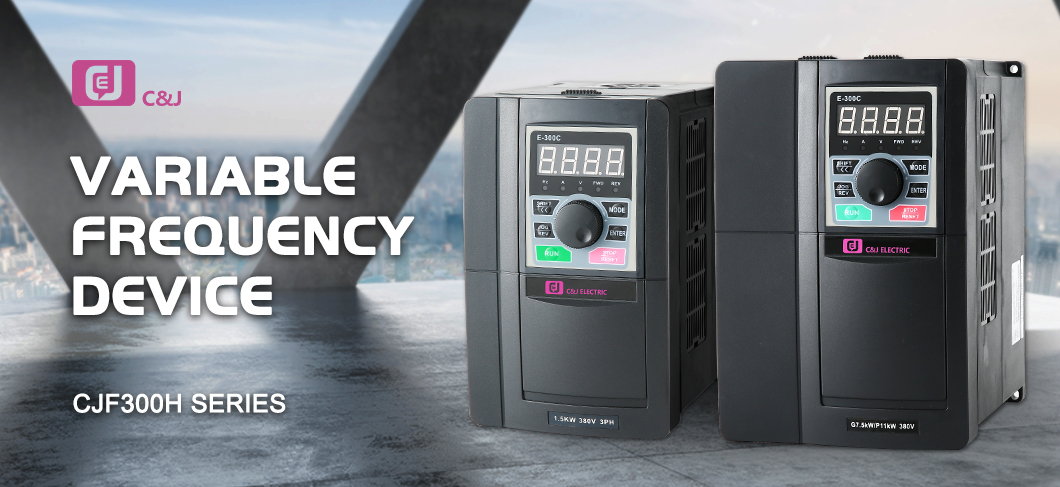Title: Understanding the importance of frequency converters in frequency conversion equipment
Paragraph 1:
Frequency converters play a vital role in modern technology, especially in variable frequency equipment. Whether we realize it or not, these devices are all around us, powering a variety of applications in industries such as manufacturing, HVAC (heating, ventilation, and air conditioning), and renewable energy systems. In this blog, we will delve deeper into the world of frequency converters and discuss their importance in operating variable frequency equipment.
Paragraph 2:
To understand the importance of frequency converters, one must first understand the concepts behind frequency conversion devices. Frequency conversion equipment is an electrical system that allows the user to control the speed or frequency of the output power. This enhanced control enables greater efficiency and precision in many applications. This is the shining point of the frequency converter! They are electronic devices that convert a fixed frequency alternating current (AC) input to a variable frequency output, providing the precise control needed to optimize system performance.
Paragraph 3:
In industrial environments, frequency converters are widely used to regulate the speed of electric motors. By adjusting the frequency, the speed of the motor can be fine-tuned according to specific operating requirements. This adaptability not only ensures optimal operation of the machinery, but also reduces energy consumption. For example, a motor running at full speed when only part of the power is required can consume more energy than needed. Frequency converters can gradually control motor speed to precisely match the application, saving energy and extending equipment life.
Paragraph 4:
In addition, variable frequency equipment equipped with frequency converters helps to minimize mechanical stress on the equipment. These inverters are able to start the motor at a lower frequency and gradually accelerate it to the required speed, thus protecting against sudden power surges and eliminating mechanical shocks that can lead to premature wear and damage. By relieving mechanical stress, businesses can avoid costly repairs and maintain optimal operational efficiency.
Paragraph 5:
Frequency converters have also made significant contributions to the HVAC industry. Air handling units, fans and pumps in HVAC systems consume a lot of energy. However, with the implementation of variable frequency equipment and frequency converters, energy consumption can be optimized. The inverter controls the speed of these components according to real-time requirements, avoiding unnecessary power consumption during periods of low demand. This precise control not only saves energy, but also reduces noise levels, improves comfort and reduces maintenance costs.
Paragraph 6:
Renewable energy systems, such as solar photovoltaics (PV) and wind turbines, rely heavily on frequency converters to regulate the energy generated. These inverters convert direct current (DC) to alternating current to match the frequency and voltage requirements of the utility grid. In addition, frequency converters ensure efficient power conversion, maximizing overall energy production and improving system reliability. As the demand for renewable energy grows, frequency converters will continue to play a vital role in seamlessly integrating these fluctuating sources of energy into the grid.
Paragraph 7:
In conclusion, frequency converters are the backbone of variable frequency equipment, providing the basic control and precision required for many applications. From industrial motor controls to the HVAC industry and renewable energy systems, these devices optimize energy consumption, reduce mechanical stress and increase overall system efficiency. With technological advancement and sustainability at the forefront, drives will continue to evolve, driving innovation and contributing to a more energy-efficient future.
Post time: Aug-10-2023


